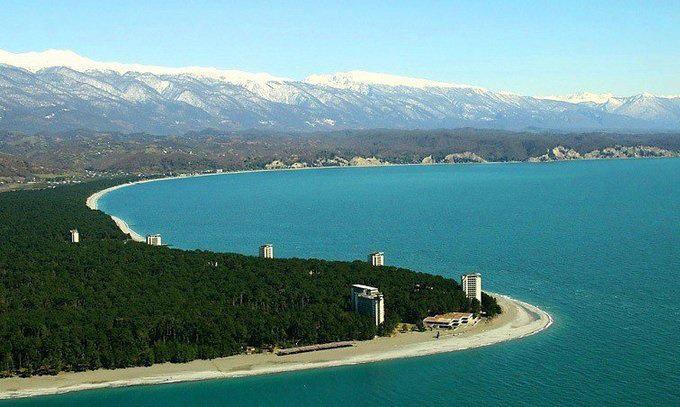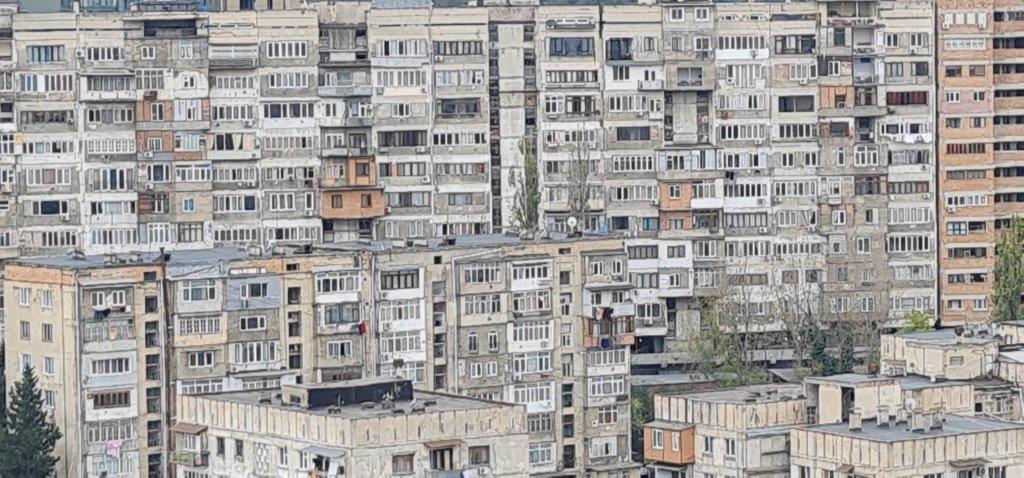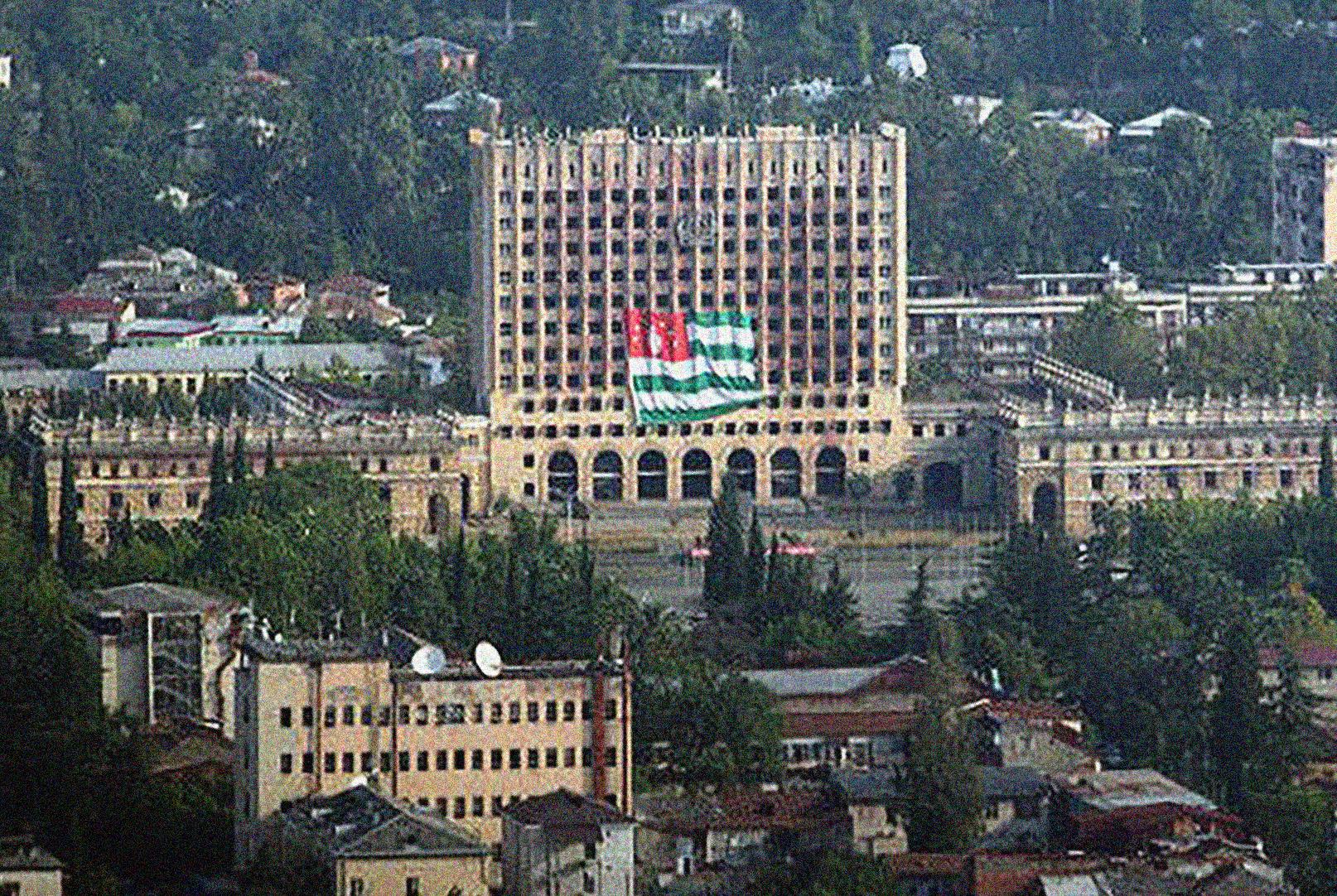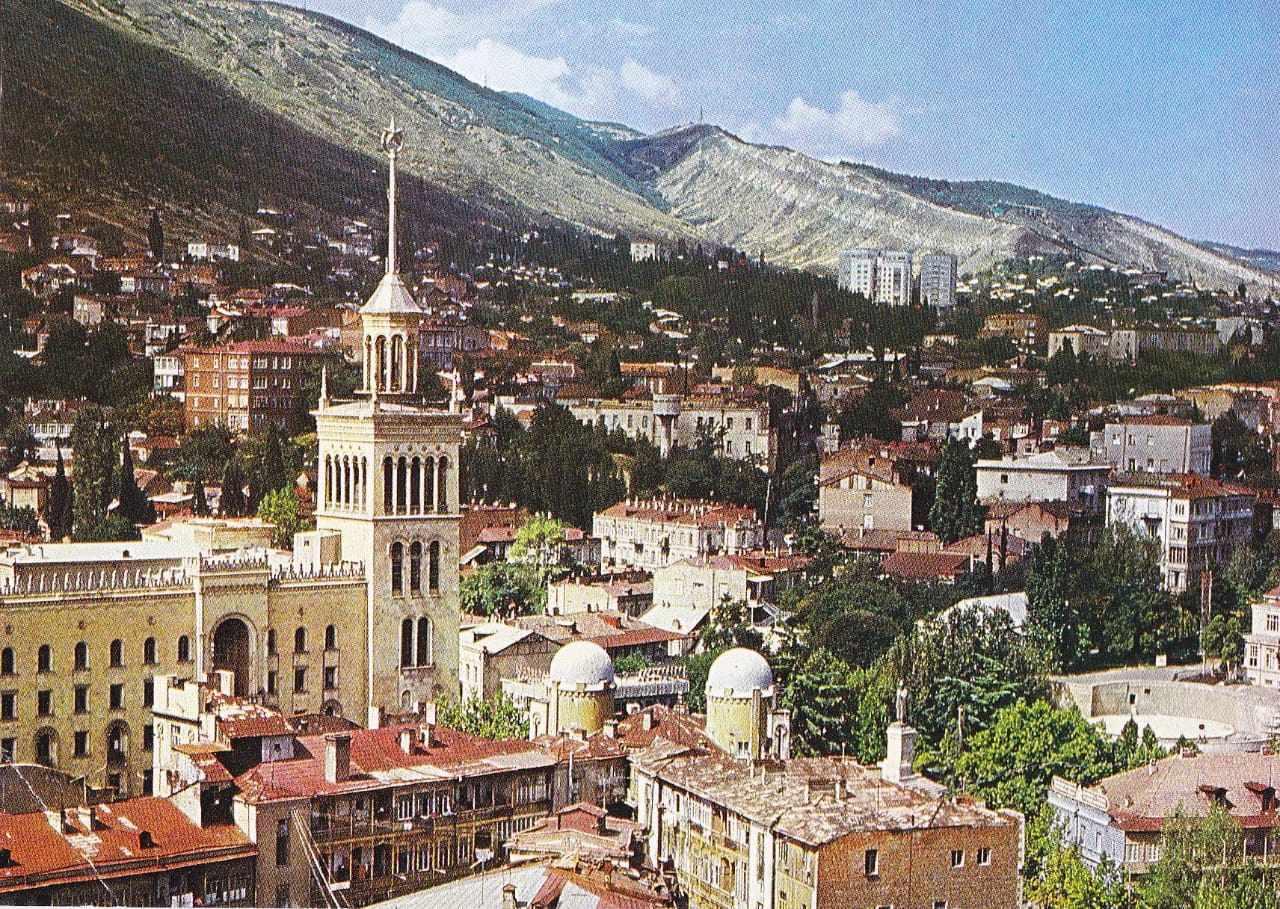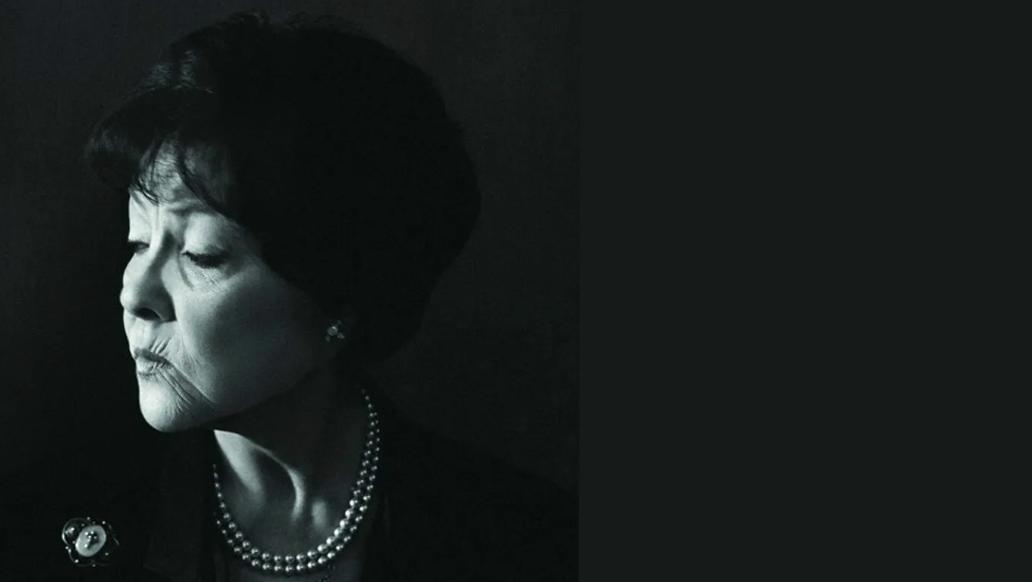Author : Nino Kalandadze

The year ended with some considerable political news. The public once again witnessed the reappearance of the pro-Russian oligarch Bidzina Ivanishvili, which the media dubbed his ‘third coming’. This was followed by behind-the-scenes information about alleged reshuffles in the government, soon confirmed by the rotation of the two Iraklis: Garibashvili was moved from the post of prime minister to that of party leader, and Kobakhidze, who had been sidelined during the Gavrilov crisis, was moved from the post of party leader to the post of prime minister.
Dream’s eighth congress was traditionally saturated with historical revisionism and translated into Georgian-Russian propaganda messages. In the twelfth year of Ivanishvili’s rule, the already dismissed Garibashvili, as well as his successor Kobakhidze, expressed their gratitude to the oligarch, whom they called their patron, while extensively highlighting the ‘sins’ of the previous Georgian government of 20 years ago. And since repetition is the mother of propaganda, the fathers of the ‘Dream’, or the oligarch’s confidants, in statements after the congress, once again assured us that it was not Russia but the previous government that was to blame for the war.

Give the public a fictional show before the election and they will have enough material to shield themselves from reality until the next show, the next election. The politically engaged community quickly immersed itself in the proposed ‘news’. Some suggested that Bidzina was having trouble getting the votes, others that he was offended by the return of the second Irakli and had to ‘repeat everything to him twice’, which made him angry, and he decided to replace him with another Irakli. Some even claimed that he would not have sacrificed his ‘protégé’ like that and that he would probably appoint him president now that Bidzina’s parliament has the right to appoint presidents as well.
Let’s look at the developments and possible events together:
Seemingly aimless stream of consciousness reveals exactly how he intends to secure another ‘electoral victory’, and with what result.
And if we look closely, we will see that the oligarch has got us used to listening to his messages, because it is these messages that are later fulfilled by his servants. Let us recall the presidential elections of 2018, in the first round of which Salome Zourabichvili, who was previously called an ‘independent candidate’, suffered an unexpected fiasco for the oligarch. Ivanishvili was then advised to immediately remove the Frenchwoman from all possible public platforms. Before the second round, we saw the oligarch and the formal leaders of ‘Dream’, who informed us from Zourabichvili’s election banners that Zourabichvili was their ‘principled choice’, that her presidency meant the election of Ivanishvili, and that Zourabichvili was only a conditional name on the ballot paper. And all this against a background of artificially induced polarisation (let’s not forget that the ‘elimination of the middle class’, i.e. radicalization and polarization, has been an openly declared electoral tactic of Ivanishvili since 2012).
You may also recall the 2016 parliamentary elections, when Ivanishvili practically gave a directive in live broadcast, saying that ‘this lady’ would not win in Zugdidi either. He was referring to former First Lady Sandra Roelofs. Following this instruction, the authorities organized raids on several polling stations of Sandra Roelofs, who had won the first round of the majoritarian elections, thus forcing the contest into the second round, which was doomed to failure for the opposition.

His third coming today also has a specific reason and purpose. The objective for domestic consumption remains the maximum consolidation of his own voters and state institutions, while at the same time polarising the electorate: When the authorities fail to take action and keep their promises; when high-ranking officials indulge in corruption with impunity and use illegally obtained dollars to decorate Christmas trees; when the crime is rampant in the country and judges face sanctions from the US State Department; when only poverty, the dollar exchange rate and the oligarchic property index are on the rise in the country; and when the National Bank is busy creating comfort for a US-sanctioned FSB official, the goal can only be achieved through polarization, aided by an artificially created image of the enemy.
Once again, a virtual reality aimed at fragmenting the electorate is being created. On one side stands the Georgian Dream with its ‘ineptitude’, ‘shortcomings’, ‘mistakes’, or ‘misdemeanours’— politically harmless epithets that were once enthusiastically, and now traditionally, used by disillusioned Dream supporters. On the other side, there is a political force that has been consistently discredited and demonized by Russian special forces for two decades. The recipe for maintaining power painlessly is also ready: If you mix the opposition into one pot, mobilise Ivanishvili’s most loyal voters to the ballot box, leave undecided voters with limited options and discourage confused individuals from participating, while distributing the electoral votes among only two or three players, you can easily secure Dream’s majority in a so-called ‘democratic’ manner.
And even in a democracy, if there is no alternative, the status quo can be maintained indefinitely.
This brings us to the trivial but primary goal of Ivanishvili and his northern patrons: to maintain control over Georgia. Given the geopolitical landscape shaped by the Russian-Ukrainian conflict, in which the EU’s eastern enlargement plan must be realized by 2030 and the West must also formally enter the Caspian and Black Sea regions, thereby pushing Russia out of the region, the plan of Ivanishvili’s patrons in Moscow goes beyond simply preserving their puppet regime in Tbilisi. It is also about securing the electoral legitimacy of Ivanishvili’s power, ensuring that any future foreign or domestic decisions he makes at crucial moments in Georgia’s history will be backed by substantial ‘popular’ support.
First and foremost, you can’t go back if you haven’t gone anywhere. Ivanishvili never really left Georgian politics. You will not find a self-respecting person who sincerely believes that a single important political, economic, or financial decision in the Dream Party was taken without Ivanishvili’s participation. The rationale offered by Ivanishvili himself is both comical and absurd, suggesting that his ‘third coming’ has to do with supervising the over-powerful team and protecting it from ‘human temptations’, namely bureaucratic corruption. If corruption permeates power structures—as we know it does, not only among the elite but also in everyday interactions —it is because the oligarchy is at the top of a corruption pyramid of its own making. Corruption serves as Ivanishvili’s authorized and encouraged tool, a form of oligarchic-authoritarian rule through which he maintains control over the government and the associated business elite.
The public appearance of an oligarch before an election is also nothing new. On the contrary, this is his usual modus operandi. Before almost every election, he chooses one or another form of addressing the public, sometimes issuing lengthy letters, sometimes appearing prominently on election banners. Sometimes he resorts to threats, sometimes he pleads for another chance. Occasionally, he gives staged interviews on government-controlled television, where his
As I mentioned above, we should listen carefully to Dream’s messaging and they will reveal to us the plans and perhaps the election results. I would like to remind you of Garibashvili’s statement made when he was still prime minister: ‘Today, the geopolitical situation is changing every day... The international order, the world order is changing... The next 10 years, one could say, will be a very difficult period... Therefore, the situation in the country and in the world today is such that it was necessary for Mr. Bidzina to return to politics’. And then he added: ‘Bidzina Ivanishvili will further strengthen Georgian Dream, which has the “claim and goal to get a constitutional majority”’. With empirical knowledge at hand, we can confidently conclude that for Moscow and its puppets, consolidating power and ensuring a highly legitimate result in the upcoming elections is an additional task. In this scenario, they essentially present a pre-designed scenario in which Ivanishvili’s presence and his active participation in the team’s activities are prerequisites for Dream’s ‘grand victory’ in the elections, thus ensuring a predetermined election outcome favourable for the oligarch’s cabinet.
The task of foreign consumption is to strengthen the conviction of Georgia’s northern patrons and friends in the West that there is no Dream, no Garibashvili or Kobakhidze, that there is only Ivanishvili who controls everything that happens in Georgia and that Moscow should stay calm.
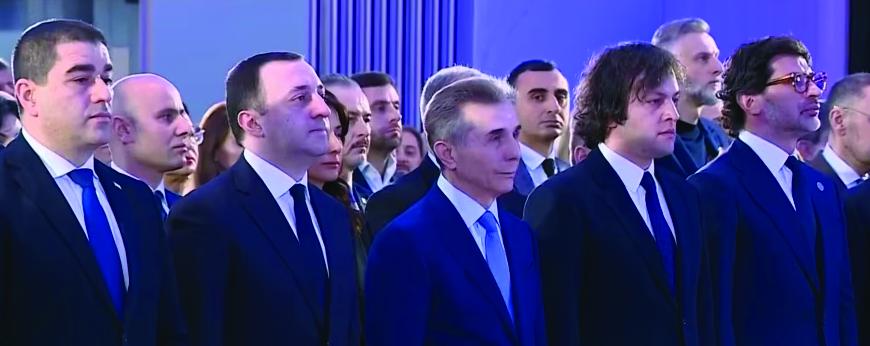
In a state where the parliament, government, courts, law enforcement agencies, the Central Election Commission, the Audit Service, big business, a significant portion of parties, politicians, and the media are governed not by the constitution but by the power of the oligarchic vertical, it is both challenging and naive to discuss democratic elections. Is there an alternative to elections? There is not. Therefore, society will have to engage in this unequal struggle, bearing in mind that Ivanishvili is not invincible, just as no authoritarian ruler or dictator has ever been before.
In order to prevent the pre-scripted scenario orchestrated by Russian special services and their oligarchs from becoming a reality in the future, voters, political actors and those advocating democratic change in Georgia must clearly understand who and what we are up against during the ‘elections’ in this captured state. A precise diagnosis and an accurate perception of the context will remove the lenses that have led us to live under illusions for twelve years, believing that the next elections will be different this time.


